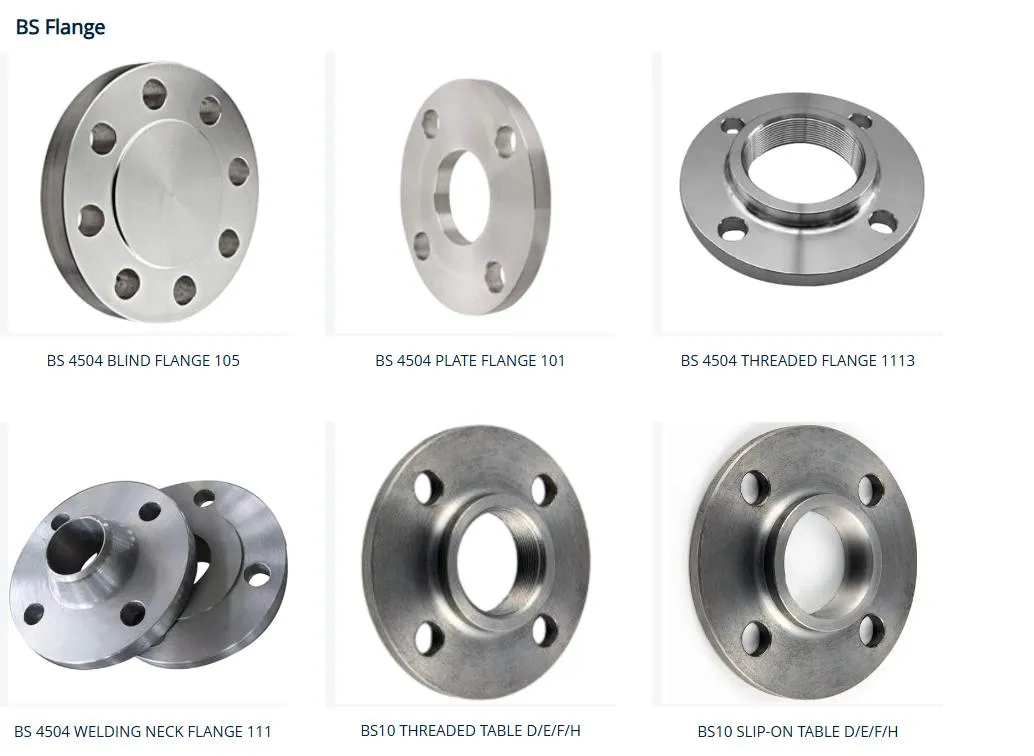-
Cangzhou Yulong Steel Co., Ltd.
-
Phone:
+86 13303177267 -
Email:
admin@ylsteelfittings.com
- English
- Arabic
- Italian
- Spanish
- Portuguese
- German
- kazakh
- Persian
- Greek
- French
- Russian
- Polish
- Thai
- Indonesian
- Vietnamese
- Zulu
- Korean
- Uzbek
- Hindi
- Serbian
- Malay
- Ukrainian
- Gujarati
- Haitian Creole
- hausa
- hawaiian
- Hebrew
- Miao
- Hungarian
- Icelandic
- igbo
- irish
- Japanese
- Javanese
- Kannada
- Khmer
- Rwandese
- Afrikaans
- Albanian
- Amharic
- Armenian
- Azerbaijani
- Basque
- Belarusian
- Bengali
- Bosnian
- Bulgarian
- Catalan
- Cebuano
- China
- China (Taiwan)
- Corsican
- Croatian
- Czech
- Danish
- Esperanto
- Estonian
- Finnish
- Frisian
- Galician
- Georgian
- Kurdish
- Kyrgyz
- Lao
- Latin
- Latvian
- Lithuanian
- Luxembourgish
- Macedonian
- Malgashi
- Malayalam
- Maltese
- Maori
- Marathi
- Mongolian
- Myanmar
- Nepali
- Norwegian
- Norwegian
- Occitan
- Pashto
- Dutch
- Punjabi
- Romanian
- Samoan
- Scottish Gaelic
- Sesotho
- Shona
- Sindhi
- Sinhala
- Slovak
- Slovenian
- Somali
- Sundanese
- Swahili
- Swedish
- Tagalog
- Tajik
- Tamil
- Tatar
- Telugu
- Turkish
- Turkmen
- Urdu
- Uighur
- Welsh
- Bantu
- Yiddish
- Yoruba

Dec . 11, 2024 06:34 Back to list
Understanding the Specifications and Applications of API 5L Pipes for Oil and Gas Industry
Understanding API 5L Pipes Fundamentals and Applications
API 5L, or the American Petroleum Institute Specification 5L, is a standard that governs the manufacturing and qualification of steel line pipes used for the transportation of oil and natural gas. This standard is crucial for ensuring the reliability and safety of pipelines across the globe. As energy demands continue to rise, understanding the specifications and applications of API 5L pipes becomes increasingly important.
What is API 5L?
API 5L was established to provide seamless and welded steel pipes that are essential for pipeline transportation systems. These pipes are manufactured in a variety of grades, with each grade designed to meet specific requirements based on pressure, temperature, diameter, and wall thickness. The specifications are divided primarily into two major categories PSL1 (Product Specification Level 1) and PSL2 (Product Specification Level 2).
PSL1 is intended for general usage, while PSL2 includes additional requirements for chemical composition, mechanical properties, testing methods, and more stringent quality controls. This differentiation allows engineers and designers to choose the appropriate pipe based on the demands of their specific applications.
Material Grades and Types
API 5L pipes are categorized into several grades including X42, X46, X52, X56, X60, X65, X70, and higher. The X designation signifies the yield strength of the pipe in thousands of psi (pounds per square inch). For instance, an X52 pipe has a minimum yield strength of 52,000 psi. Selecting the right grade involves considering factors such as the nature of the fluid being transported and the environmental conditions the pipeline will face.
Additionally, pipes can be classified into two main types seamless and welded. Seamless pipes are manufactured without a joint and are often preferred for high-pressure applications due to their superior strength and reliability. Welded pipes, on the other hand, are created by rolling steel and welding the edges. They tend to have a lower cost but may be more susceptible to failure under extreme conditions.
Applications of API 5L Pipes
api 5l pipe

API 5L pipes are predominantly used in the oil and gas industry, serving as the backbone for transporting resources from extraction points to refineries and ultimately to consumers. Beyond petroleum and natural gas, these pipes are also utilized in water supply systems and sewage applications, showcasing their versatility.
In addition to traditional transportation, advancements in technology have expanded the applications of API 5L pipes. The growing emphasis on energy efficiency and environmental sustainability has resulted in the use of these pipes in various renewable energy projects, including geothermal and hydrogen transportation.
Importance of Quality Control
Due to the critical nature of pipeline applications, quality control is paramount in the production of API 5L pipes. Manufacturers must adhere to rigorous testing and inspection processes to ensure the integrity and durability of their products. Common testing methods include non-destructive testing (NDT), tensile testing, and impact testing, which help identify potential defects and guarantee that pipes can withstand the harsh conditions they may encounter.
Often, third-party certification is required to verify compliance with API standards. This certification not only ensures quality but also provides an added layer of confidence for stakeholders, including engineers, investors, and regulatory bodies.
Conclusion
API 5L pipes are pivotal for the global energy industry and beyond, providing safe and efficient ways to transport essential resources. Their diverse grades and types cater to various applications, making them suitable for a wide range of environments and pressures. As energy demands continue to grow and evolve, the continued adherence to quality standards will remain crucial for maintaining the safety and reliability of pipeline systems worldwide.
Understanding the intricacies of API 5L pipes—ranging from specifications and materials to applications and quality control—is vital for anyone involved in the engineering or procurement of these essential components. Emphasizing quality and suitable specifications will ensure the long-term success and durability of pipeline projects across the globe.
Latest news
-
ANSI 150P SS304 SO FLANGE
NewsFeb.14,2025
-
ASTM A333GR6 STEEL PIPE
NewsJan.20,2025
-
ANSI B16.5 WELDING NECK FLANGE
NewsJan.15,2026
-
ANSI B16.5 SLIP-ON FLANGE
NewsApr.19,2024
-
SABS 1123 FLANGE
NewsJan.15,2025
-
DIN86044 PLATE FLANGE
NewsApr.19,2024
-
DIN2527 BLIND FLANGE
NewsApr.12,2024
-
JIS B2311 Butt-Welding Fittings LR/SR 45°/90° /180°Seamless/Weld
NewsApr.23,2024











